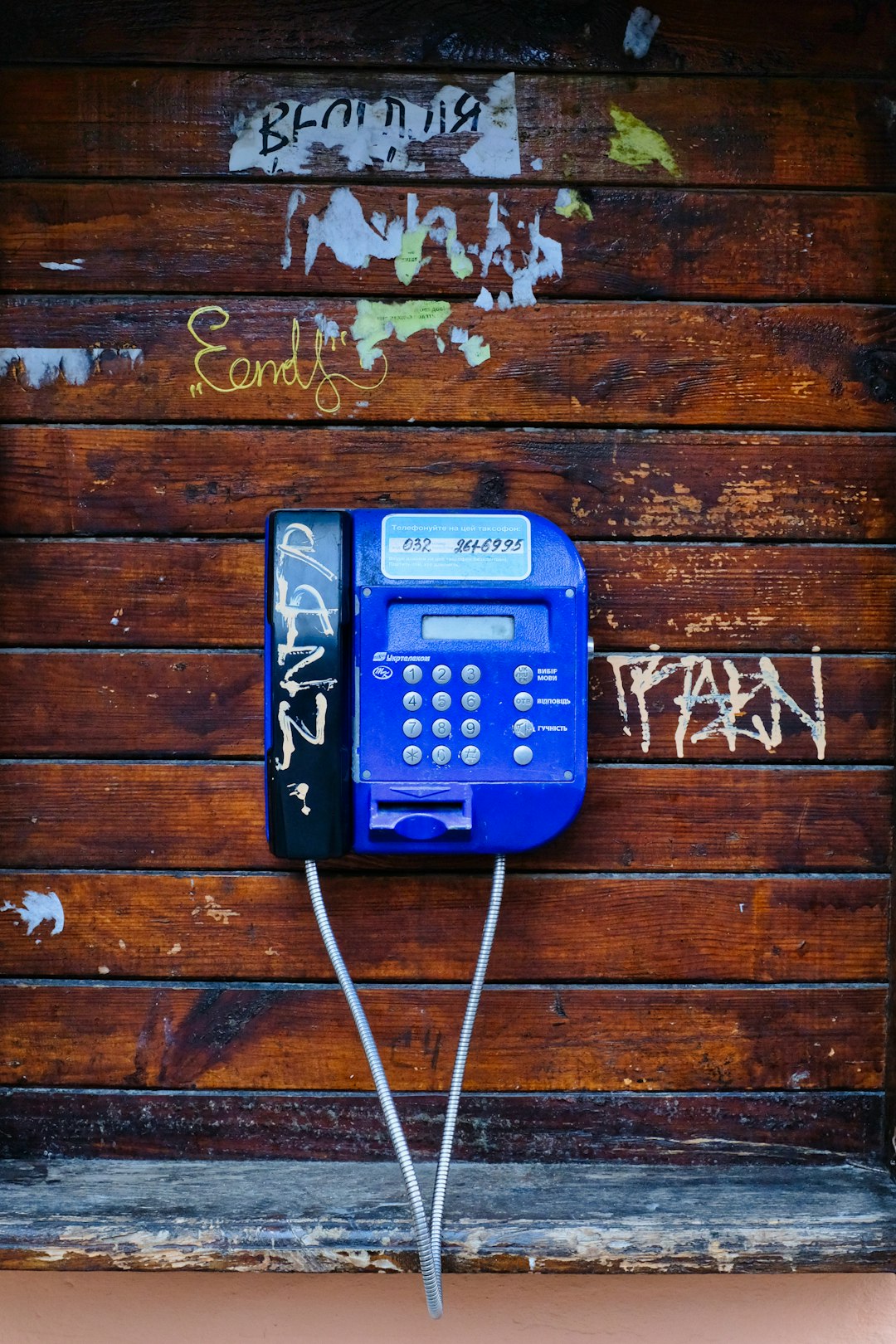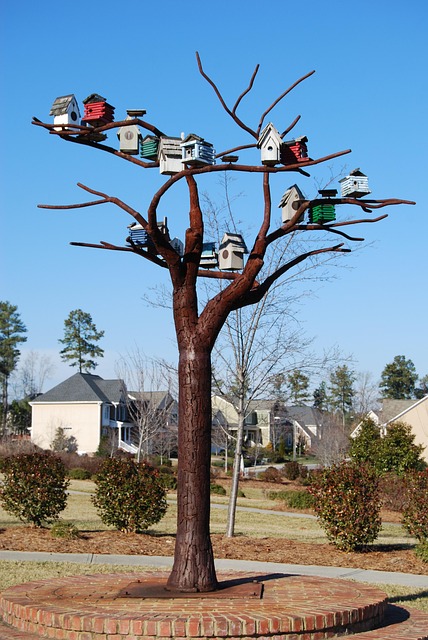In North Carolina, strict Do Not Call laws protect residents from unwanted telemarketing calls, including those from do not call law firms. Individuals can register on the statewide list to opt-out of promotional calls, and any caller must confirm explicit consent. These laws ensure citizens control their personal information and communication preferences, while do not call law firms operate within stricter guidelines respecting residents' rights. Understanding exceptions, such as debt collection and prior business relationships, is crucial for both consumers and businesses navigating these regulations.
In North Carolina, understanding consent is crucial, especially with the complexities of the state’s Do Not Call Law. This comprehensive guide aims to demystify when residents have accidentally agreed to receive calls. We explore federal and state laws governing these rights and provide insights into scenarios where common misunderstandings can lead to unintentional agreements. Learn how to protect your privacy by opting out and revoking consent, and understand the penalties for violators, empowering you with knowledge from Do Not Call law firms in North Carolina.
The Do Not Call Law and Its Impact in North Carolina

In North Carolina, the Do Not Call Law plays a pivotal role in protecting residents from unwanted telemarketing calls. This state-level legislation mirrors federal rules, empowering citizens to take control of their phone lines and privacy. The law allows individuals to register their numbers on a statewide “Do Not Call” list, significantly reducing the volume of unsolicited calls they receive. By opting out, North Carolina residents send a clear message that they prefer not to be contacted by certain businesses or organizations, especially those from do not call law firms.
The impact of this legislation is substantial, as it gives power back to locals who may have felt previously invaded by relentless sales calls. It encourages a more respectful and consensual communication environment, ensuring that residents’ peace of mind isn’t disrupted by unwanted marketing efforts. As a result, do not call law firms in North Carolina must adhere to stricter guidelines, promoting a balance between business interests and individual rights.
– Overview of the federal and state laws

In North Carolina, like many U.S. states, the right to privacy is protected by both federal and state laws. The Telephone Consumer Protection Act (TCPA), a federal law, restricts unsolicited telephone marketing calls and requires businesses to obtain explicit consent from consumers before placing automated or prerecorded calls. In North Carolina, the state’s Do Not Call law further strengthens these protections, allowing residents to register their phone numbers on a state-maintained “Do Not Call” list, thereby prohibiting most telemarketing calls.
The key to understanding accidental consent lies in nuances of these laws. Even though NC residents can opt-out of receiving marketing calls, certain types of calls are exempt from the Do Not Call laws. For instance, calls initiated for specific purposes like collection of a debt, or from government agencies, may still go ahead even if the recipient has registered their number. Additionally, prior business relationships grant implied consent for future communication unless explicitly revoked by the consumer. Thus, understanding these exceptions is crucial for both consumers and businesses navigating North Carolina’s Do Not Call regulations.
– How it applies to residents in NC

In North Carolina, as across many US states, the rules around consent and telemarketing calls are strictly regulated to protect residents from unwanted or deceptive practices. The Do Not Call laws in NC aim to give citizens control over their personal information and decision-making regarding inbound calls, especially from law firms. These laws apply to any caller making telemarketing or sales calls, including those promoting legal services.
When a North Carolina resident registers their number on the state’s Do Not Call list, they explicitly indicate their desire not to receive promotional or unsolicited calls. This includes calls from law firms seeking new clients or referring services. Accidental agreement to receive such calls can occur if a caller fails to confirm explicit consent during the initial interaction, leading to potential legal repercussions for non-compliance with NC’s Do Not Call regulations.
When Does Consent Matter? Understanding Unintentional Agreements

In North Carolina, as in many places, consent is a crucial aspect of communication, especially when it comes to phone calls and marketing efforts. However, what often goes unnoticed is that individuals can unintentionally agree to receive calls, even if they haven’t explicitly given permission. This is particularly relevant in the context of the “Do Not Call” laws in North Carolina, which aim to protect residents from unwanted telemarketing calls.
Unintentional agreements can occur when a resident provides their contact information under false assumptions or without fully understanding the implications. For instance, signing up for a newsletter or entering a contest might seem harmless, but these actions could lead to a flood of marketing calls. It’s essential for residents to be aware of their rights and understand that simply providing personal information doesn’t automatically grant permission for all future communications. Being mindful of these subtleties ensures that North Carolina residents can maintain control over their communication preferences.






